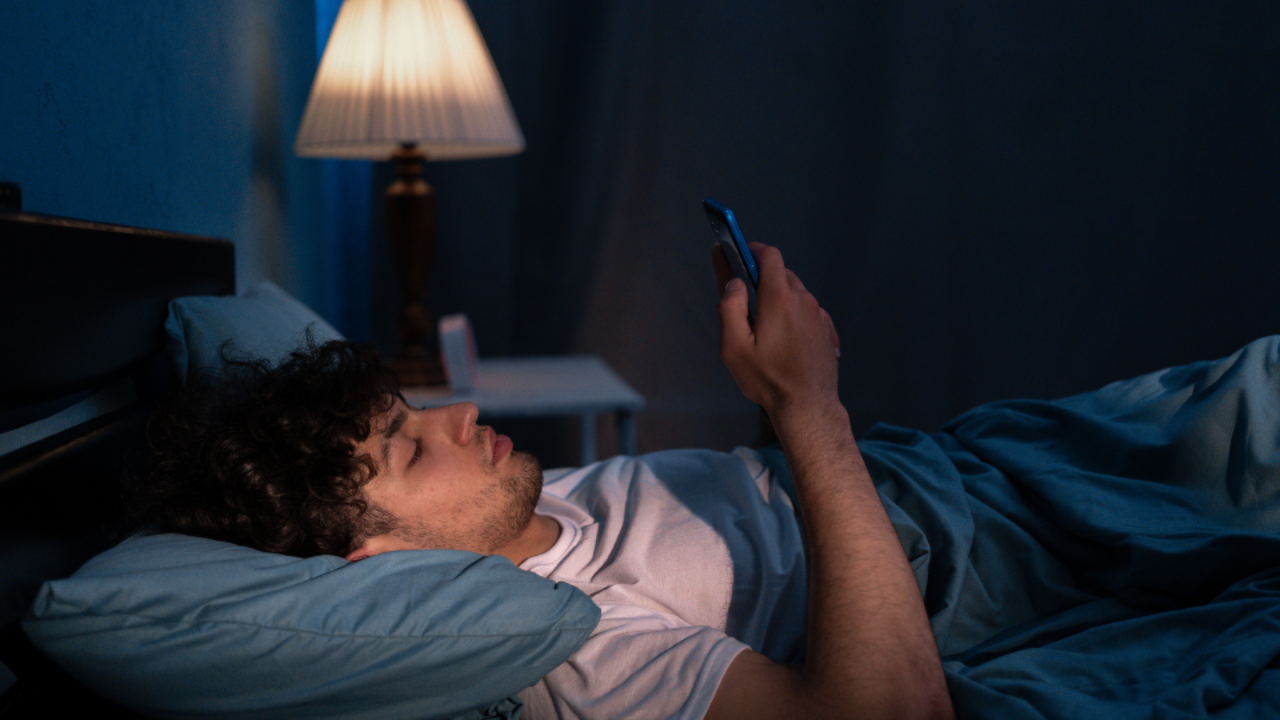Breaking Free from Doomscrolling: How to Recognize It and Take Back Your Time
Mar 11, 2025
In today's digital age, it’s easy to find ourselves caught in an endless loop of scrolling through social media and news feeds, absorbing one distressing story after another. This behavior, often referred to as doomscrolling, can significantly impact mental health, increasing anxiety, stress, and a sense of helplessness.
Understanding Doomscrolling
Doomscrolling happens when we continuously consume negative news and social media updates, often without realizing how much time has passed. Many of us do this out of a desire to stay informed, but instead of feeling more in control, we end up feeling overwhelmed and stuck in a cycle of worry.
The American Psychological Association has highlighted the risks of excessive engagement with distressing content, noting that it can lead to heightened stress, anxiety, and even trauma-like symptoms. Similarly, research from UC Davis has shown that prolonged exposure to distressing media can lead to negative emotional responses, reinforcing cycles of fear and uncertainty.
The Impact on Mental Health
Exposing ourselves to distressing content for long periods can have real consequences. Studies have found that people who consume extensive media coverage of traumatic events report higher levels of stress, despite not experiencing the event directly. The brain interprets constant negative input as ongoing danger, triggering a prolonged stress response that can lead to hypervigilance, difficulty sleeping, and increased feelings of anxiety.
I see this pattern frequently with my therapy clients. My clients often share how they lose track of time scrolling at night, how they wake up feeling anxious after checking the news first thing in the morning, or how they struggle to put their phones down even when they know it’s making them feel worse.
I’ve been there, too. I vividly remember a conversation with my own therapist, Michelle, when I admitted my anxiety over not staying updated on every breaking news story. She gently reminded me, “If something major and personally or professionally impactful happens, you’re not going to miss it. Someone will reach out to you, or you’ll see it when you purposefully check the news. Nothing dire will happen if you don’t see the news the second it is published.” That conversation helped me realize that constant monitoring isn’t necessary—and that stepping away wouldn’t leave me uninformed.
How to Break the Doomscrolling Cycle
The key to stopping doomscrolling isn’t necessarily cutting out social media or the news altogether—it’s about creating intentional boundaries that protect your mental well-being.
One of the most useful and effective strategies is planning ahead for the times you’re most likely to doomscroll. Many people find themselves scrolling endlessly before bed, during work breaks, or while winding down in the evening. Identifying these moments makes it easier to replace scrolling with a different, more intentional activity.
Instead of reaching for your phone out of habit, try picking up a book, going for a short walk, or calling a friend. Setting app limits on your phone or designating specific times for checking the news can help reduce exposure to distressing content without completely disconnecting. If you live with a partner, friend, or roommate, you might also ask them to gently remind you when they notice you getting caught in a scrolling loop.
Most importantly, pay attention to how your body feels when you’re scrolling. Are you relaxed, or do you feel tense and overwhelmed? If you’re holding your breath, gripping your phone tightly, or have lost track of time, it may be time to take a step away.
Take the Next Step
Doomscrolling isn’t just a bad habit—it’s a reaction to living in a world that constantly demands our attention. But you don’t have to stay stuck in that cycle. Setting small boundaries can help you reclaim your time, protect your mental health, and engage with the world in a way that feels more balanced and intentional.
If you’re struggling with anxiety, stress, or digital overwhelm, therapy can help. Together, we can create strategies that support your mental well-being and help you feel more in control of your time and energy.
- Schedule a free consultation: https://petalandpeak.clientsecure.me/
- Follow us on social media for more mental health tips: https://www.instagram.com/petalandpeakmentalhealth and https://www.facebook.com/petalandpeak
Small changes can lead to big relief. Let’s start making them together.
Copyright 2025: Petal & Peak Mental Health. All rights reserved.
SUBSCRIBE FOR OUR MONTHLY BLOG UPDATE
Be the first to know when we've published a new article!
We hate SPAM. We will never sell your information, for any reason.

